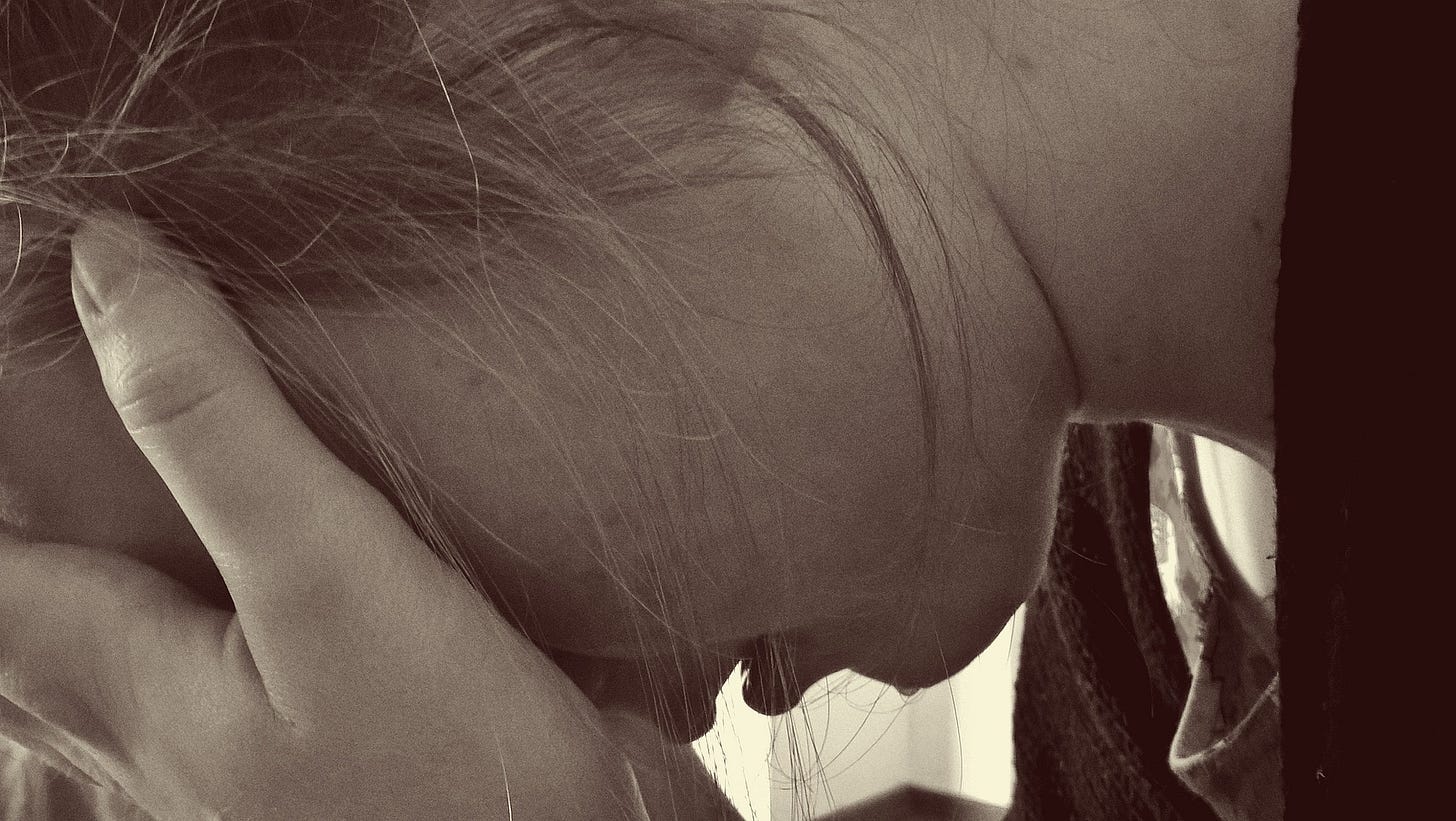By: Judy Sherry
We know the horrifying statistics of gun violence, but do we know the damage it does to our economy, our communities, and perhaps most importantly to our psyches? Let’s call it the fallout from fear.
Just think about some of these statistics: the annual total number of firearm deaths in the U.S. has surpassed 48,000; the number of mass shootings this year already exceeds the number of days on the calendar; and suicides plus preventable accidents represent 2/3 of the firearm deaths every year. We also know the annual cost of gun violence and its collateral damage have reached more than half a trillion dollars.
These and other statistics illustrate the scope of the epidemic of gun violence, but we need to delve deeper to understand its effect on the American psyche.
For example, take school shootings. While the number of deaths or injuries incurred is relatively small (58 deaths in 2022), nine in 10 Americans say they’re concerned about school shootings. Equally significant, more than half of school-aged children worry a shooting will happen at their schools.
And of course, parents harbor fears of the unthinkable: “Will my child be safe at school today?” and “Will she come home alive?” Enduring school lockdowns, active shooter drills, metal detectors, and the trauma of false school shooter reports, called “swatting,” are constant reminders of the dangers that can await students and staff.
The gun violence epidemic has prompted many research studies that in turn produce fear-inducing headlines and emotional stories of grief and outrage. Media outlets report on them daily. While that coverage raises public awareness of gun violence, the media attention is also a constant reminder of its horrors. And in our seriously divided country, readers and viewers often fail to look beyond their already-solidified opinions of what causes gun violence and how can it be stopped.
Our feelings of safety and security are easily shaken. Recent statistics released by the Kaiser Family Foundation showed 1 in 5 adults in America has been personally threatened by a gun. 19% of those surveyed said a member of their family had been killed by a gun through a homicide, suicide, or a preventable accident; and 17% said they’d personally witnessed someone being shot.
No wonder many of us know or have read about people who say the first thing they do now when they enter a store, a restaurant, or a place of worship is to know where to hide and how to escape in case of a shooting.
In our current climate of escalating anger and discord, the threat of “guns everywhere” takes a terrible toll on the feelings of joy and anticipation in living life to its fullest.
Emotions are only one side of the fear and damage caused by gun violence. Examining the factors contributing to the staggering $557 billion that gun violence costs the American economy helps us understand its very real effect on millions of people. That includes those who have actually suffered gun violence as well as the rest of the public that pays its real financial costs. There are immediate costs including staffing and equipping first responders, medical treatment of survivors and their hospital stays, plus the funerals/burials of those who couldn’t be saved.
Then come the costs of seeking justice, including police investigations, court costs, damage awards by juries, and ultimately incarceration of the perpetrators.
And in that aftermath, as people and their communities try to allay their fears of gun violence, there’s the cost of “hardening” schools and other public places to make them more secure so we can feel less fearful.
Even what might be considered “indirect costs” of gun violence are daunting: temporary or permanent job loss for victims, which can lead to ongoing need for state-funded financial aid; continued mental health counseling for victims’ families left behind, as well as for survivors and their families.
Many will never fully recover from the trauma. Their communities, both residents and businesses, will suffer from their decline in productivity and the loss of their potential contributions to the greater good.
Every day gun violence touches millions of Americans. Seeing it, hearing about it, or experiencing it firsthand produces palpable anxiety, anger, distrust, and fear. Will that paralyze us or motivate us?
The answer may be evident in recent polls showing increasing public support for common ground gun legislation. In fact, a recent survey by the nonprofit Navigator Research shows that in the wake of recent mass shootings, a growing share of Americans now views guns as a priority for Congressional action, behind only inflation and the economy.
We can do better, we must do better, and there’s no better time than now to add your voice to those demanding action. No one should suffer from the fear of gun violence and its fallout. None of us can feel safe until we all feel safe.
Judy Sherry is the Founder & President of Grandparents for Gun Safety, Kansas City, MO.
Image of protestor by Robert Jones from Pixabay; image of exit sign by Christine Schmidt from Pixabay; image of woman by Ulrike Mai from Pixabay.





